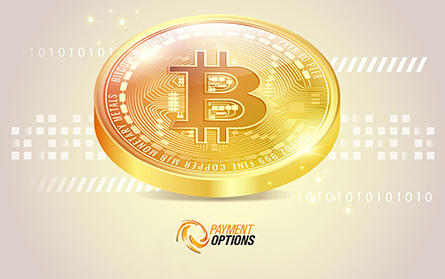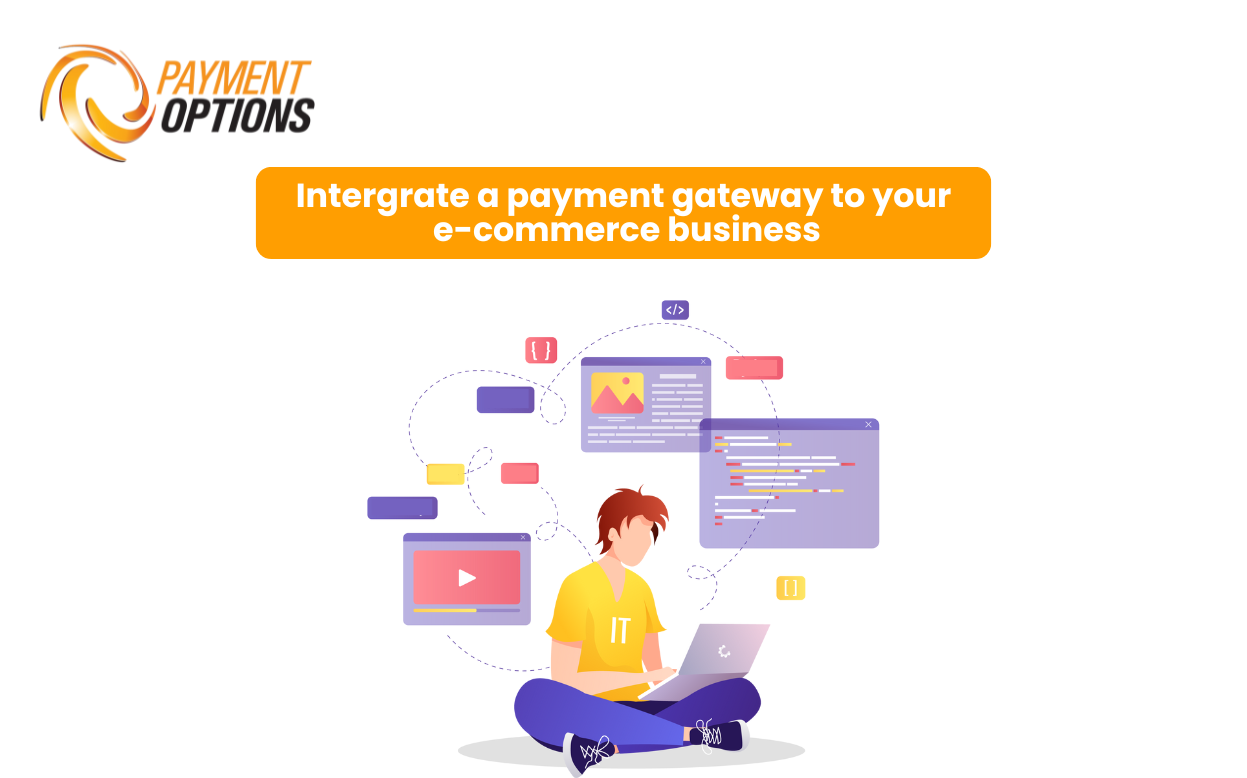Why should E-commerce Merchants care about Bitcoin?

Bitcoin trading is a fast-growing industry around the world, and so is the e-commerce market. The instant operation, increased protection and absolute zero interference by any finance company over digital currencies make it a safer and preferable choice for many customers. The high level of rivalry in the e-commerce market shapes its usability into a new era of quality that we have never seen before.
If you are an ecommerce merchant, the use of cryptocurrency as a payment mechanism will improve your customer’s experience and extend your potential audience by providing more options as you check out.
Why should you start considering ecommerce for your business?
BTC offers zero chargeback
Chargebacks are the terrifying dreams for e-commerce merchants, where customers buy or buy a commodity and, following a good sale, contact their payment agency or bank to cancel it days, weeks, or even months later. Although this function is ideally supposed to protect customers from fraudsters, in many situations, the function is massively violated, causing loss of inventories and payment to e-commerce vendors by the monetary agency.
Bitcoin infrastructure is designed in such a way as to avoid payment reversals or refunds. A wallet has fixed money in it, and consumers pay these from their wallets. Payments are a one-way transfer, meaning you can’t risk money from stolen cards. As a result, the consumer takes the chance that you will never submit a product even if you have been charged for it.
BTC offers a minimum transaction fee
You can be charged up to 30% of transaction costs based on your processor, for e.g PayPal charges 3-4 percent of the processing amount plus a processing fee. It can sound like a small sum, but these payments can add up if you market low-cost goods.
For bitcoins, the payments you pay decide the rate at which you get your income. The processing costs are charged to the machines hosting the network. The computing power is spread between machines on the Internet, and network holders make a profit by encouraging you to be using their device to perform transactions. It is up to you to decide how quickly you need payments by scheduling the fees.
BTC ensures several signatures
Since Bitcoin is now an open-source computing area, startups and developers will build new products, utilities, and applications on top of this framework. Again, it’s close to how we designed vehicles, ships, automobiles, and aircraft to create the combustible engine.
For instance, the 3rd party’s negotiation, such as escrow, may be incorporated into payments. It may be structured so that a specific number of people’s signatures are needed for the operation to be carried out. Requests for this feature can be expanded to include configuration files and triggers, asset transfer, product delivery, and more.
BTC offers fraud protection
As a merchant taking a credit card, several security measures and banking regulation laws must be followed.
Bitcoin always needs wallet protection on both ends of the exchange, but traders no longer share the costs and liabilities of accessing or managing confidential credit card data.
Conclusion
The connection between e-commerce and Bitcoin is continually developing. It possibly will finally hit a more satisfying stage where both the merchant and the customer will benefit more from it.
The quick money transfer, minimal documentation, highly stable, effective currency-type transfer from one exchange rate to another, or all of the advantages mentioned above over conventional money transfers; digital currencies like Bitcoin allow both private consumers and online traders explore a whole new area of financial trading with absolute ease.





